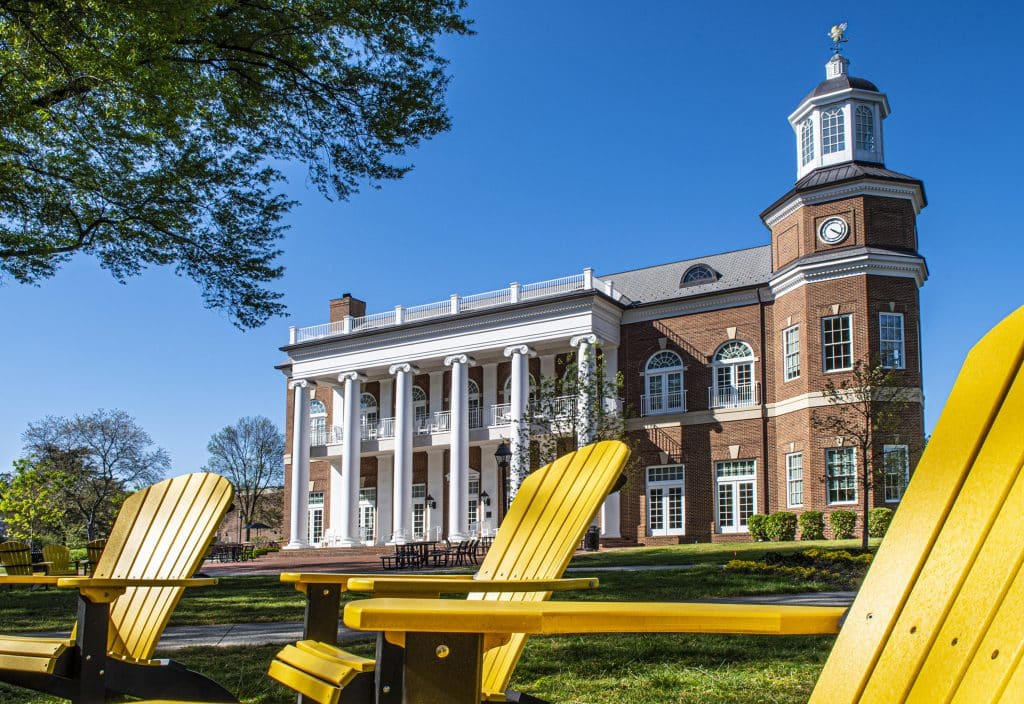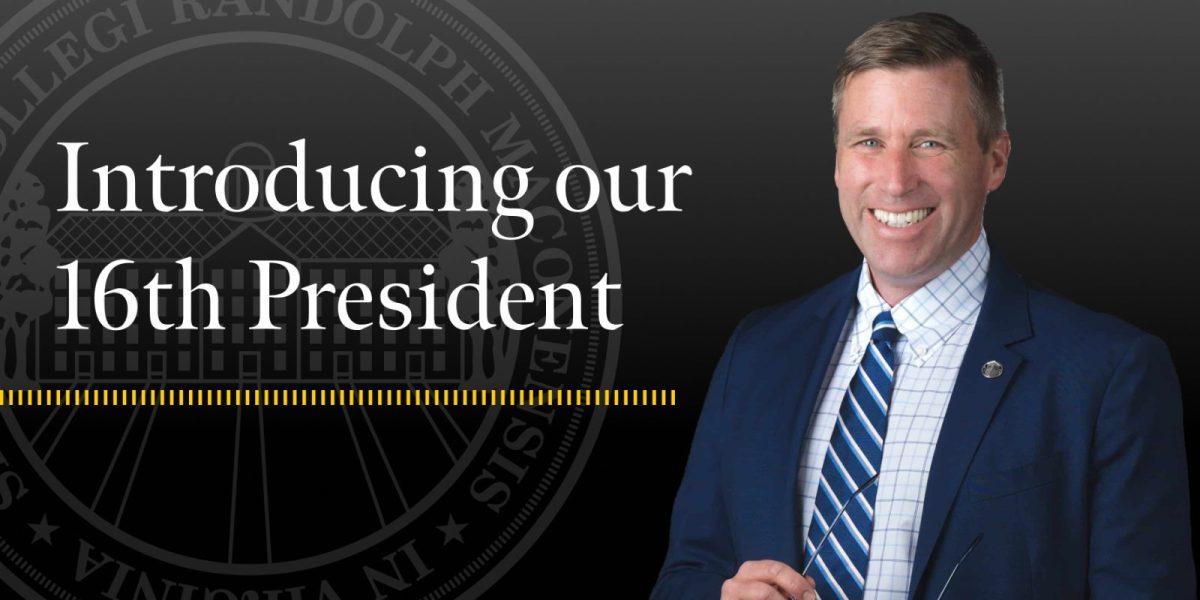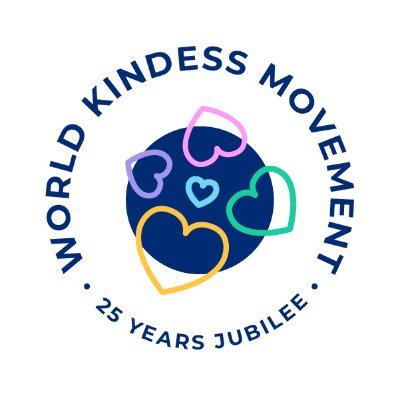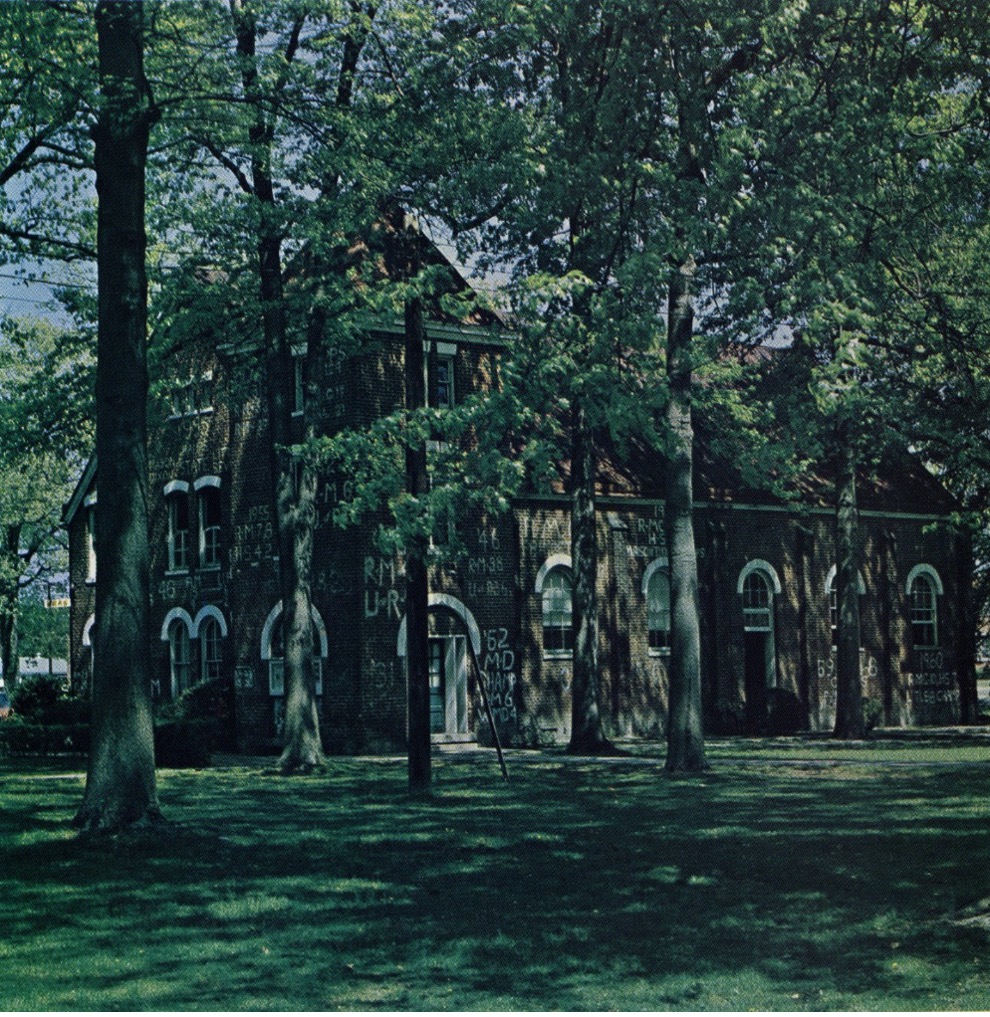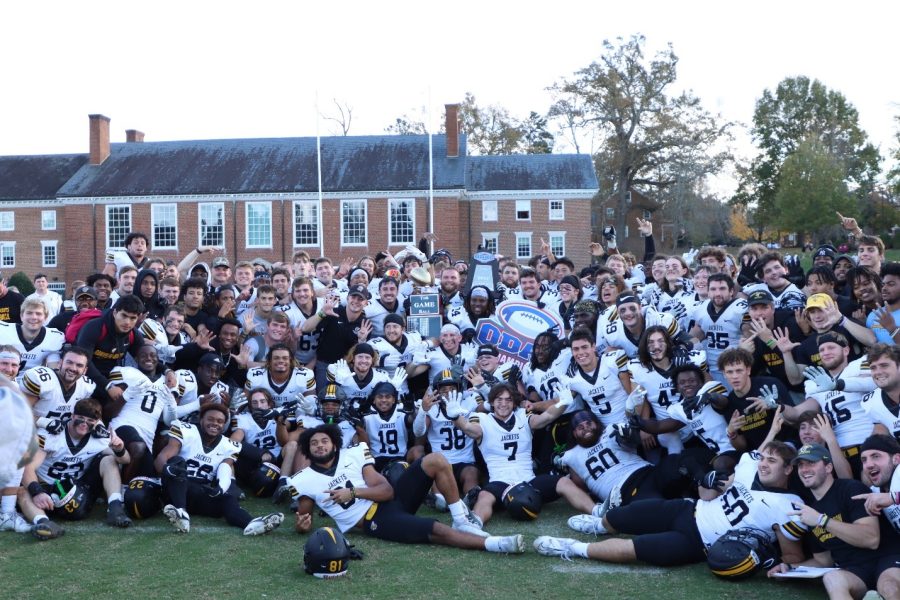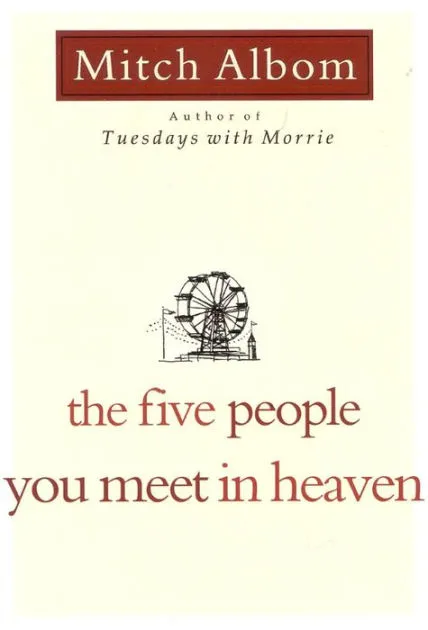Since Donald Trump’s reelection, there’s been a wave of commentary insisting that his victory has unleashed a surge of “hate speech,” with critics pointing to figures like Nick Fuentes as proof. This narrative isn’t just misguided — it dangerously oversimplifies the issue. It distracts from a much more significant threat: the erosion of free speech itself. For those who obsessively blame Trump for every social ill, it’s time to recognize that the real risk here is one step closer to Orwell’s 1984, not another partisan debate.
Let’s address Fuentes directly. His recent comments—including his inflammatory “Your body, my choice” slogan—are nothing more than cheap engagement farming. He’s not contributing to meaningful discourse; he’s deliberately provoking attention. While his words may be offensive and demeaning, calling for censorship or imprisonment would betray the First Amendment’s core principle: that free speech protections exist to defend all speech, not just what we find comfortable or agreeable.
What’s more troubling is how quickly we’re sliding down a dangerous slope. Initially, hate speech restrictions are aimed at the most extreme cases. Still, once society accepts the premise that some speech can be censored, the definition of “hate” inevitably broadens. Today, it’s someone like Fuentes who’s the target; tomorrow, it could be anyone who voices a view that challenges the mainstream opinion. This path eerily echoes Orwell’s 1984, where society is controlled not only by policing actions but by policing language and thought. Allowing “hate speech” to be criminalized puts us closer to a world where dissent itself becomes illegal.
It’s tempting to blame Trump for the visibility of voices like Fuentes, treating his election as the catalyst for such rhetoric. However, this reaction misses the deeper issue: offensive speech and radical voices exist in every free society and they don’t rely on a specific leader to exist. Simplifying the problem to a single administration ignores the complexities of digital engagement and the platforms that enable anyone to reach a vast audience. Blaming Trump is a convenient scapegoat, but it doesn’t address the roots of online provocation or public outrage culture.
Free speech was designed to protect all viewpoints, not just the ones we like or agree with. Suppose we continue to expand what qualifies as “hate speech” and normalize censorship. In that case, we’re drawing closer to Orwell’s nightmare of thought control — a society where ideas aren’t debated but erased. Once we accept censorship, it’s nearly impossible to roll it back.
Suppose we want a society where freedom truly thrives. In that case, we must resist the impulse to stifle speech, no matter how offensive. The answer to hateful rhetoric isn’t suppression but countering it with more substantial, better, and persuasive ideas. Protecting free speech across the board keeps society open, vibrant, and, most importantly, free. Rather than letting censorship take us one step closer to 1984, let’s reaffirm our commitment to the principles that allow diverse voices to exist without fear.
All opinions shared in this article are the author’s own. This does not represent the organization.
